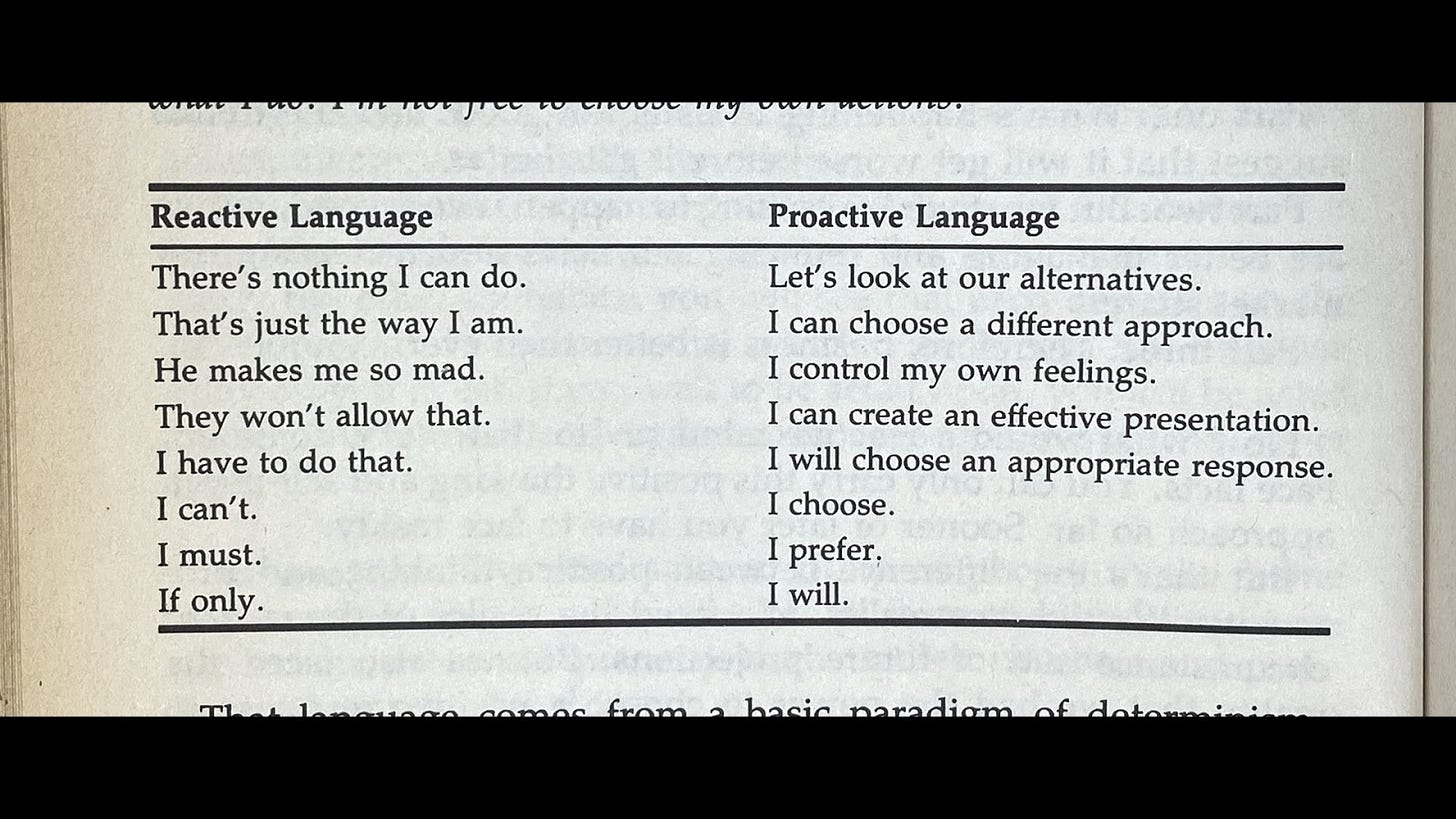One of the people I am a big fan of, on Twitter, is Shreyas Doshi, who is a Lead Product Manager at Stripe. Recently he tweeted (and wrote an article) about “High Agency”. What is meant by High Agency? In Shreyas’ words:
High Agency is about finding a way to get what you want, without waiting for conditions to be perfect or otherwise blaming the circumstances. High Agency people either push through in the face of adverse conditions or manage to reverse the adverse conditions to achieve goals.
Another important question you might ask is, “are high agency people also high talent?” And the answer to that question is “not always”. I have seen innumerable smart and talented engineers lose motivation or become dejected in their roles because they run up against “the system” and start blaming it for not being able to progress forward. Every company and every role has its fair share of blockers, frustrations, and seemingly insurmountable issues. But your attitude toward that is what matters. It is very easy to declare defeat, and say “oh the Product Manager will never allow me time for upgrading our infrastructure”. But an engineer with High Agency will come up with supporting data, and make a case for creating time for infrastructure upgrades by proving to the product team that this upgrade will lead to stability, faster development velocity and overall developer happiness. Yes, this needs resilience and strong communication on the part of the engineer, but those are essential traits of engineers with High Agency.
Difference between High Agency and Low Agency attitudes:
Low Agency Attitude: The product manager will never allow me the time to do X which is very important but doesn’t impact our users directly
High Agency Attitude: I will make a case of why doing X will have a business impact by showing that it (for example) 1. Increases product stability, or 2. Leads to faster development velocity or 3. Leads to developer happiness which will lead to a more engaged team
Low Agency Attitude: They keep asking me to build features which I know are not going to be used
High Agency Attitude: I will lean on my SQL skills (or build them up) and query data in our data warehouse and try to pull together a data backed argument as to why feature “X” will not have the impact they think. This is important to me as I want to be working on high impact features.
Low Agency Attitude: The upcoming project depends on the open source software supporting feature “x” but it's not on their roadmap for this year.
High Agency Attitude: Option 1: I can roll up my sleeves and take on building out feature “x” in the open source software. I will take more time, but I will communicate with my product team and make sure they are ok with it.
Option 2: I will try and find alternatives to the open source software we rely on. Perhaps there is some wiggle room in our feature set and may be we don’t need to rely on this exact open source software.
Why? Because it is important that we launch this feature as its a top 3 ask from our users
Low Agency Attitude: I don’t have outside of my day job to contribute to open source software. Therefore I have no way to show case my work as its only on proprietary software.
High Agency Attitude: I will work with my team, my manager and legal team at my company to see if we can release as an open source library a specific part of the larger project I have been working on. This way I don’t have to work outside of my regular working hours and still be able to contribute to open source software.
A good question to ask is, how does one cultivate a High Agency attitude?
From Shreyas’ post, his recommendation is to read the 7 Habits of Highly Effective People, one more time. In his words: “Observing and adjusting your language and self-talk is an important aspect of cultivating High Agency.”

High Agency Traits (a lot has been borrowed from Shreyas):
Ownership mindset: You have high ownership of your work and you take pride in what you do.
Growth mindset: Belief that your basic qualities are things you can cultivate through your efforts
Self-confidence: You are confident of your skills, and your ability to learn
Resilience: You do not fall prey to “victim mindset” and you are able to control your emotional response to things that happen around you
High Agency Skills:
Creative solutioning: Being able to think of alternatives, being aware of what is possible given all the constraints
Effective communication: Being able to communicate delicately and effectively to make your point
Reasonably high EQ: Most of the issues around us are people problems more than anything else. Being able to decipher the people problems underneath the surface and address those are key to getting what you want
Let us know if you thought this post was useful to you? Have you had examples at work where you felt you had lower agency? How did you deal with them?


